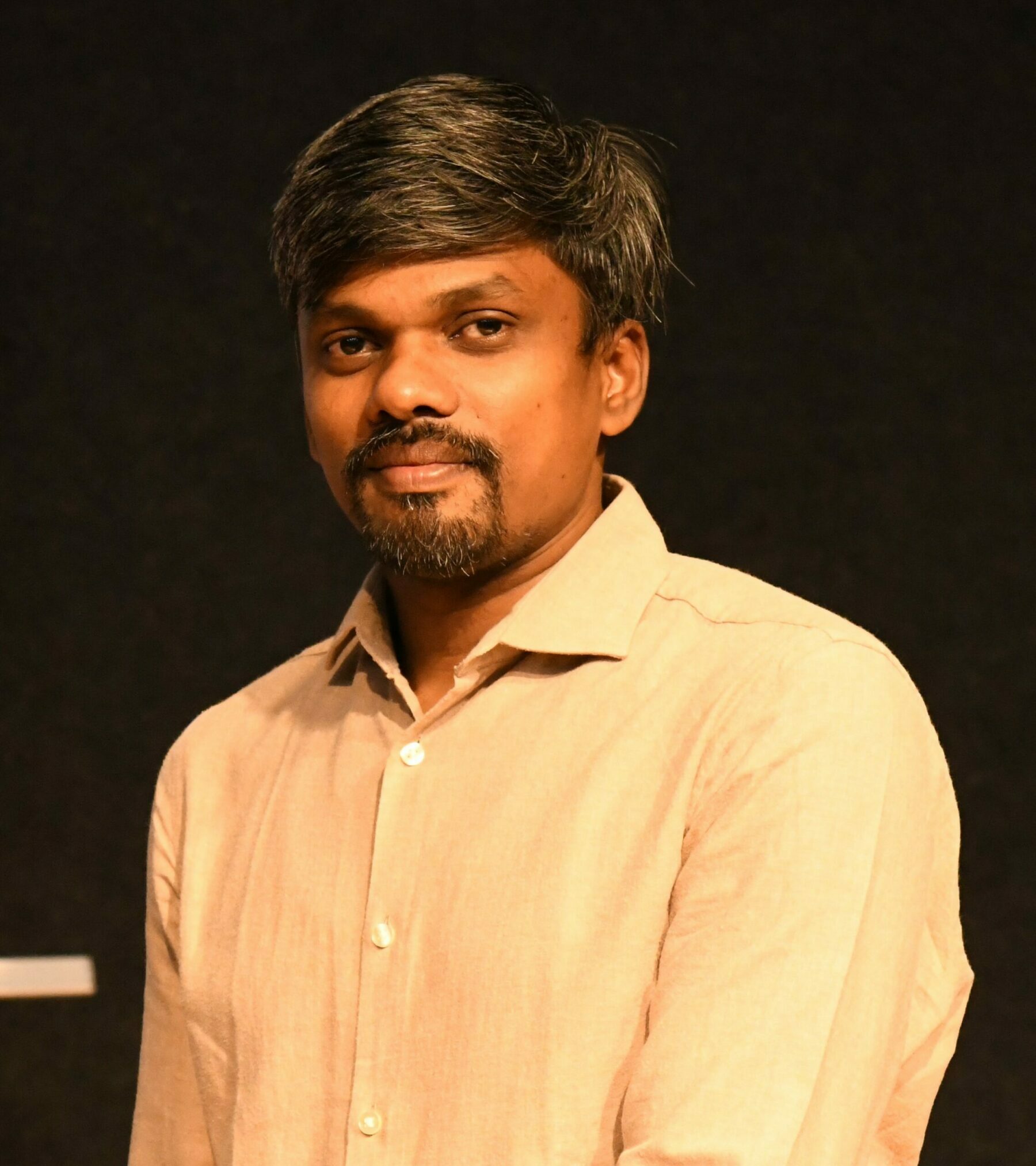- Home
- Academics
- M.E.(Sanitation Science, Technology and Management)
- M.E.(Embedded Systems)
- M.E. Chemical Engineering (with specialization in Petroleum Engineering)
- M.E.(Microelectronics)
- M.E.(Biotechnology)
- M.E.(Chemical)
- M.E.(Mechanical)
- M.E.(Design Engineering)
- M.E.(Computer Science)
- M.E.(Environmental Engineering)
- Admission
- Research & Innovation
- R&D Center
- Grants, Consultancy and Industrial Research (GCIR)
- Academic Graduate Studies & Research Division (AGSRD)
- Central Sophisticated Instrumentation Facility (CSIF)
- Sponsored Research Projects
- Research Based Consultancy
- DBT Builder
- CRQIT BITS Goa
- Research Scholars
- Patents
- Research Labs
- Publications
- Core Contacts
- Department
- Faculty
- Students
- Centers
- Alumni
- Quick Links


 An Institute of Eminence
An Institute of Eminence








